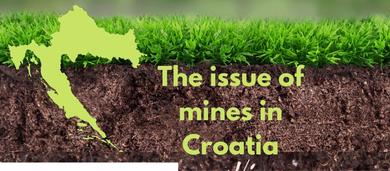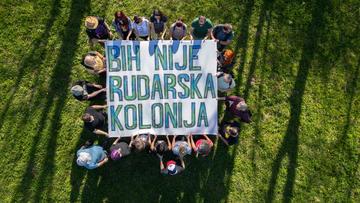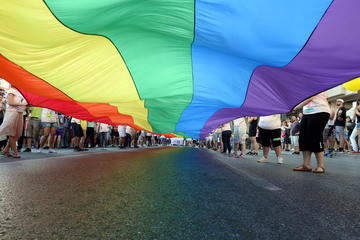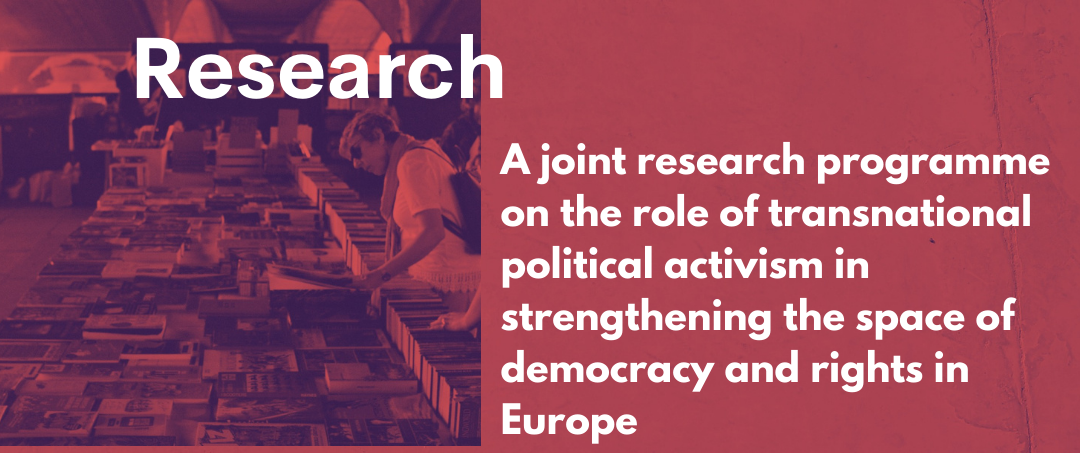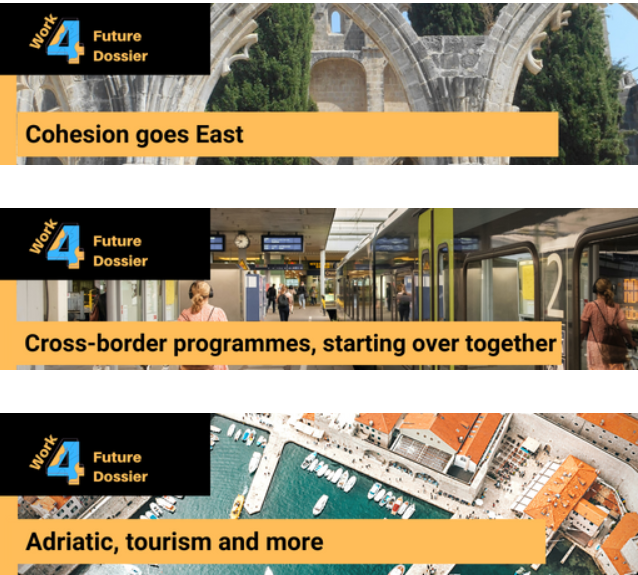Western Balkans, EU integration and cooperation
"We must go beyond the idea that the Western Balkans are a sort of ghetto made up of non-EU countries. This would contribute not only to the Europeanisation of the Western Balkans, but also to overcoming some disagreements between candidate countries and EU member states". Ana Krstinovska, founder and president of the think tank Estima based in Bitola, in North Macedonia and research fellow at the Hellenic Foundation for European and Foreign Policy (ELIAMEP)
More News
Multimedia
 Demining in Croatia in figures
Demining in Croatia in figuresThe 1990s conflict in Croatia continues to bring dramatic consequences. In fact, every year the mines that have not yet been cleared cause new victims. Huge funds from EU cohesion policy...
 Regional cooperation in the Western Balkans and gradual integration to the Eu
Regional cooperation in the Western Balkans and gradual integration to the EuRegional cooperation is a pillar of the EU integration and stabilization process of the Western Balkan countries. Over the past two decades, many regional cooperation initiatives increase...
 The battle for the Shushica Valley
The battle for the Shushica ValleyIn Albania, a project that aims at boosting tourism in the coastal town of Himarë is putting at risk over 50,000 people living in the Shushica Valley, a tributary of the Vjosa river.
Western Balkans: Europe's future mining colony?
Are the Western Balkans becoming a mine of raw materials needed for the upcoming “green revolution”? Civil society organisations and many citizens of Bosnia and Herzegovina, Serbia and North Macedonia answer resolutely: NO! The battle to protect the environment and health continues
Western Balkans, EU integration and cooperation
"We must go beyond the idea that the Western Balkans are a sort of ghetto made up of non-EU countries. This would contribute not only to the Europeanisation of the Western Balkans, but also to overcoming some disagreements between candidate countries and EU member states". Ana Krstinovska, founder and president of the think tank Estima based in Bitola, in North Macedonia and research fellow at the Hellenic Foundation for European and Foreign Policy (ELIAMEP)
Greece, historic legalisation of same-sex marriages
Greece has made history by becoming the first Orthodox-majority country to legalise same-sex marriage. A step that comes after a long journey, marked by strong opposition from the Church and conservative forces in the country
The Media Freedom Resource Centre is an online platform enabling quick and easy access for journalists, media experts, policy makers and the broad public to an ever-growing collection of resources on media freedom in Europe. Developed by OBC and the European Centre for Press and Media Fredoom
Research
In 30 of Europe's biggest cities, streets named after women make up only 9 per cent of the streets dedicated to individuals. The imbalance has started to narrow in some places, but progress is too slow: at this rate, it would take centuries to really close the gap.
Work for Future
EU cohesion policy and 6 South-Eastern European countries: figures, factsheets, and qualitative analyses to show the results achieved to date - and what remains to be done












